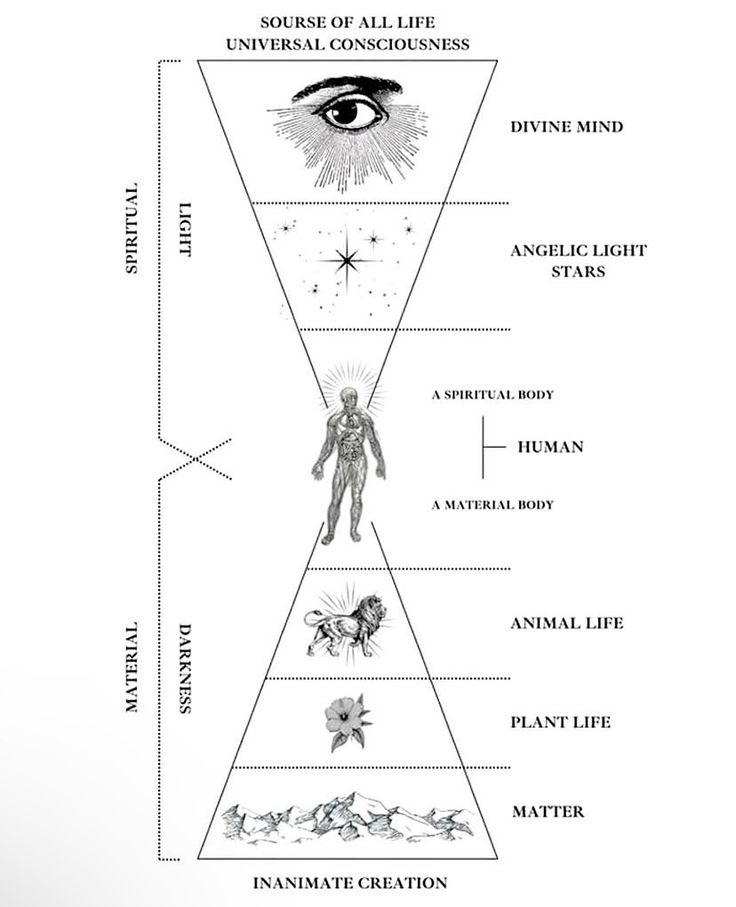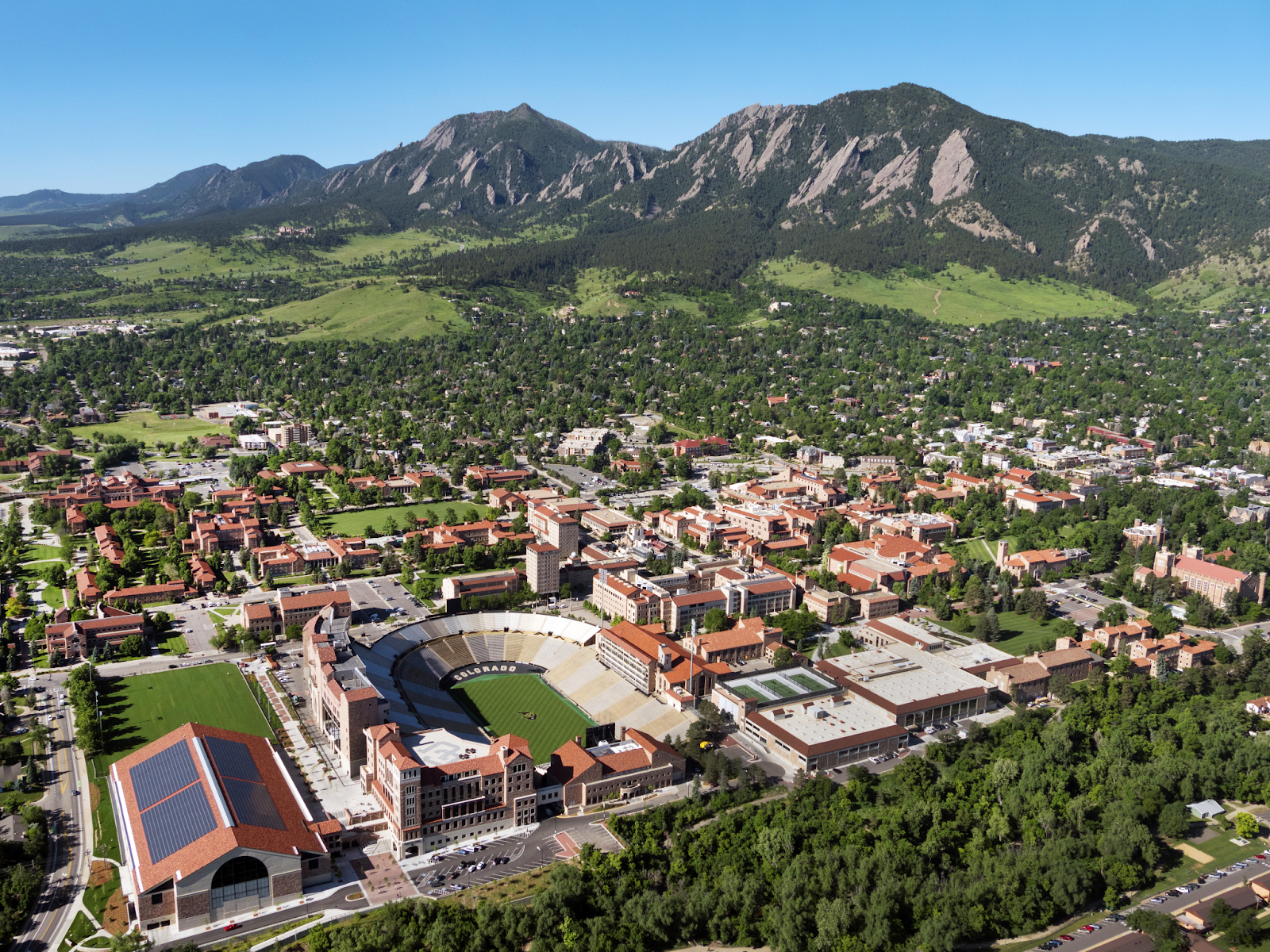In engineering school, they teach you, “The definition of the problem is half the solution.” I have found that to be true in writing as well. Sometimes it takes months to discover not only what I want to write about, but why. Other times, a topic continues to echo long after publication, asking for deeper examination.
My recent column, The Making of a Superior Man, sparked meaningful conversations. Most readers agreed with the premise and conclusions. A few, however, paused at the adjective Superior. They asked, “Why superior? Doesn’t that imply others are inferior? Why not use the term ‘evolved’ or ‘consummate’ instead?”
Others posed a broader question: “Why not write about Superior Women? Or better yet, Superior Humans?”
These provocations struck a chord. Words matter. They shape not only how we communicate ideas, but how those ideas are received. What if I had written The Way of the Evolved Woman instead? Would that have softened the reaction, or sharpened the focus?..
Read More



















